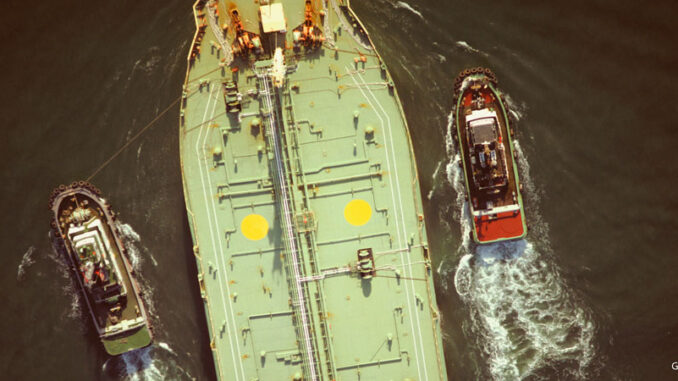
Last month, Election Central brought you the story of rising tensions between the United States and Iran. Relations between the two nations have deteriorated significantly since Trump pulled the U.S. out of a 2015 nuclear deal with Iran, and then began imposing a series of economic sanctions against the Middle Eastern nation. Now, that tension has been ratcheted up dramatically after accusations by the U.S. that Iran is responsible for attacking two ships in the Persian Gulf last week. Here, btw takes a closer look at the situation.
What Happened?
On Thursday, June 13, two oil tankers in the Gulf of Oman experienced serious explosions around dawn, less than an hour apart, in international waters. One ship, the Front Altair, is owned by Norway; the other, the Kokuka Courageous, is Japanese. One was carrying oil and the other was carrying chemicals. A total of 44 crew members were evacuated from both ships. No one was killed, but both tankers sustained significant damage.
To be clear, both of the ships are owned by other nations and were bound for Asia; they have no direct connection with the United States. But the U.S. is committed to policing the Persian Gulf area because it is vital to the shipment of petroleum.
Who Was Responsible?
Within hours, Secretary of State Mike Pompeo announced that American intelligence agencies believe that Iran was behind the attacks. This claim seemed to be supported by a video released later that evening by the United States Central Command. The video shows an Islamic Revolutionary Guards Corps patrol boat pulling up alongside the Kokuka Courageous and removing an unexploded mine.
Iranian officials insist that their country was not responsible, and say that the U.S. is making accusations without any actual evidence. They claim that the United States is blaming Iran for a crime it didn’t commit. Iranian officials went even further to suggest the attack could have been orchestrated by another nation in the region, such as Saudi Arabia or Israel, to compel the U.S. to take further action against Iran. (Saudi Arabia is also blaming Iran for the attacks.)
The following day, it was revealed that just hours before the attacks on the two oil tankers, a U.S. drone flying over Iran recorded Iranian ships moving closer to the tankers. Iran then spotted the drone and fired a missile at it; the missile missed and landed in the sea.
The World Responds
Some nations are willing to accept the explanation that the Islamic Revolutionary Guard Corps (a branch of the Iranian military) is likely behind these attacks–as well as other attacks on four other ships that occurred in the Persian Gulf last month. Iran also denies involvement in these attacks).
Still, because of the independent nature of the IRGC, even if this group was responsible for the attacks, it’s possible that they carried them out without the direct permission of the Iranian government. This makes it difficult for the United States or the United Nations to determine an appropriate way to respond.
The price of crude oil also rose more than 3 percent in response to the crisis. This resulted in increased oil sales revenue for Iran.
